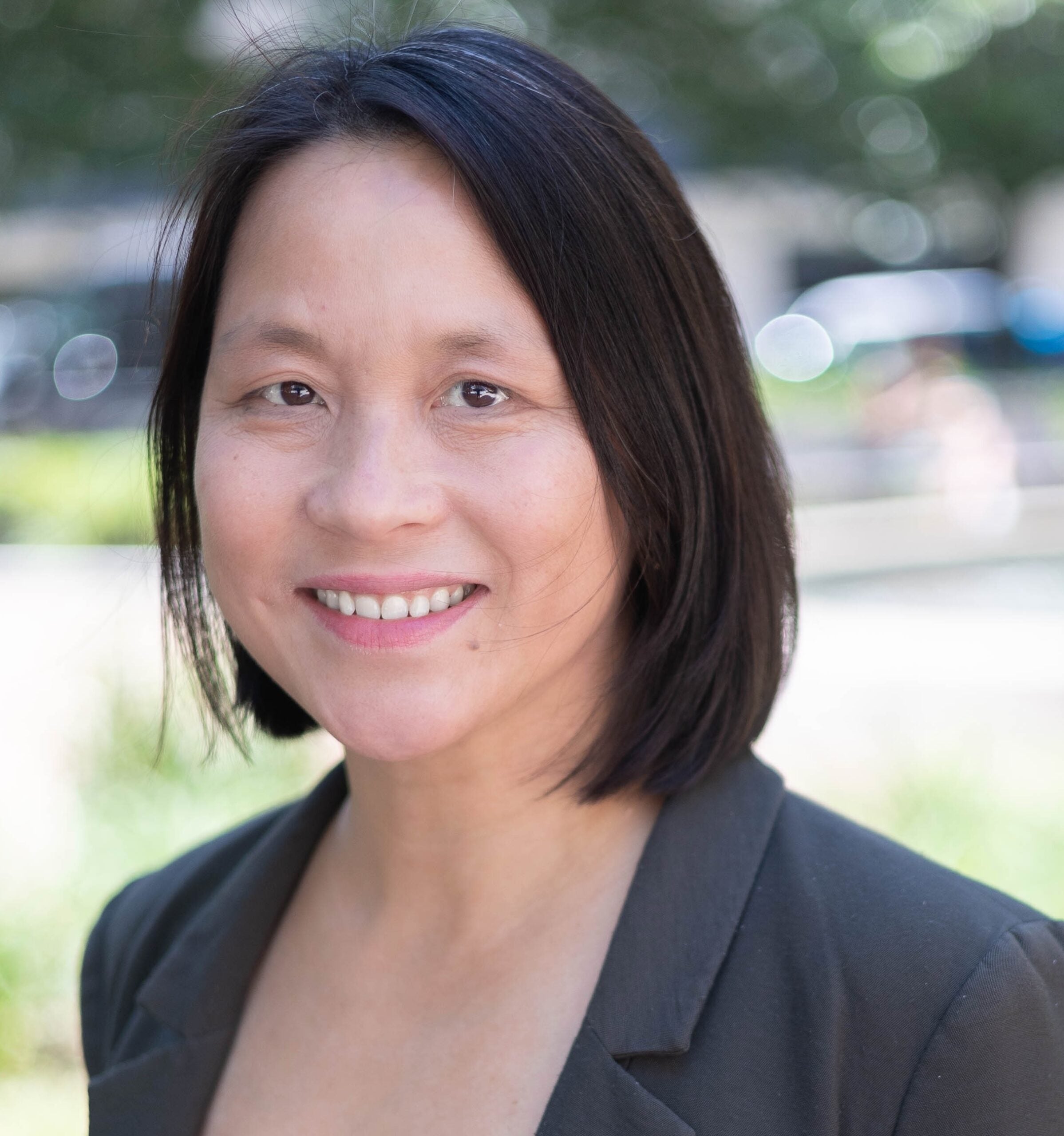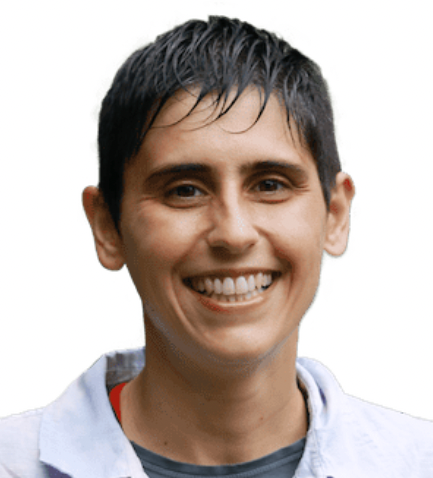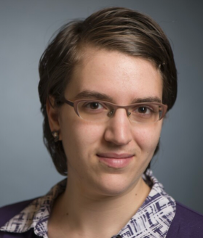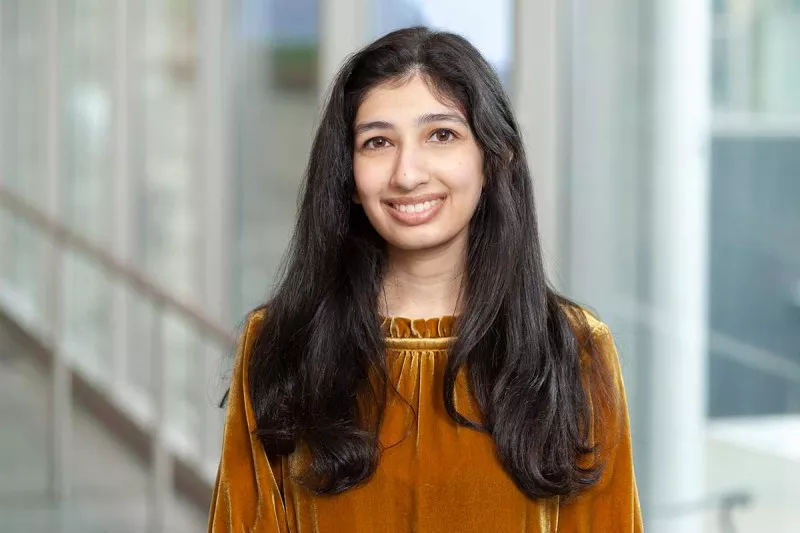Harvard Chan Bioinformatics Core
The Harvard Chan Bioinformatics Core in the Department of Biostatistics provides a single point of contact for Harvard researchers seeking bioinformatics analysis services, training and platform development. Specializing in applications of high-throughput sequencing analysis, core staff aid researchers with the management, integration, and contextual analysis of biological data, supporting the advancement of research and ultimately, aiming to improve human health.
401 Park Drive
Level 3 East
Boston, MA 02215
People

Shannan Ho Sui, PhD is a Principal Research Scientist in the Department of Biostatistics at the Harvard T.H. Chan School of Public Health and Director of the Harvard Chan Bioinformatics Core. She earned her PhD in Genetics from the University of British Columbia, focusing on comparative genomics and mechanisms of gene regulation, and completed postdoctoral training at Simon Fraser University in pathogen genomics. Dr. Ho Sui leads a multidisciplinary team providing bioinformatics analysis, training, and consultation for high-throughput genomics projects, with a focus on reproducible, collaborative research. Her expertise spans transcriptomics, epigenomics, and integrative multi-omics, supporting researchers in uncovering novel biological insights.

Lorena’s background is in Biochemistry. She has a Ph.D. in Biomedicine where she developed the first tool to discover small ncRNAs in brain samples using NGS data. She has 13 years of experience in computational biology. Lorena leveraged genomics methods expertise to pioneer research at Harvard School of Public Health for 5 years. She transitioned to Biotech in 2019, and she has been in innovative companies since then. She has focused on cell gene-editing of pig genomes for xenotransplantation during her time at eGenesis, and target discovery of novel non-coding RNA at NextRNA currently. Lorena is a visionary leader in the field, excelling in genomic and data visualization to accelerate decision-making processes. In 2016, she founded ‘Women in Bioinformatics’ Meetup to foster collaboration and networking in computational biology field in the Boston area. In her free time, she likes to build Legos, paint miniatures and read sci-fi/fantasy books written by women.
John Quackenbush is Professor of Computational Biology and Bioinformatics and Chair of the Department of Biostatistics at the Harvard T.H. Chan School of Public Health, Professor in the Channing Division of Network Medicine, and Professor at the Dana-Farber Cancer Institute. John’s PhD was in Theoretical Physics, but in 1992 he received a fellowship to work on the Human Genome Project. This led him through the Salk Institute, Stanford, The Institute for Genomic Research (TIGR), and to Harvard in 2005. John uses massive data to probe how many small effects combine to influence human health and disease. He has more than 300 scientific papers and over 73,000 citations. Among his honors is recognition in 2013 as a White House Open Science Champion of Change.
Emma received her PhD from the University of Illinois at Urbana Champaign, working on speciation genomics. She continued to work in evolutionary genomics during a postdoc at the Natural History Museum in Berlin and as a Marie Curie Fellow at the University of Gothenburg. Her interests include recombination, genome evolution, and structural variants. She loves unusual data sets and non-model organisms and is experienced in bulk RNAseq analysis, variant calling, and various tools for linking phenotype with genotype.

Upendra received his PhDs from the University of Otago, New Zealand, and Northwest A&F University, China, where he explored various insect-parasite systems to uncover the molecular intricacies behind host behavior manipulation. During his postdoctoral research at the Department of Organismic and Evolutionary Biology, Harvard University, he worked on under-studied insect species, developing genetic resources and functional tools to establish them as genetic model organisms. Experienced working in de novo genome assembly and annotations, transcriptomics, and methylomics analysis, Upendra now contributes to the HSPH Bioinformatics Core, actively involved in teaching and providing bioinformatics consultation.
James is a Senior Research Scientist at the Harvard Chan Bioinformatics Core. He completed a PhD in Immunology from Harvard University and developed his interests in high dimension computational methods during his postdoctoral training. Prior to joining the Core, James worked as a Bioinformatics Analyst at the Yerkes Non-human Primate Genomics Core at Emory University. His primary interests at the Chan Bioinformatics Core are focused on single-cell multi-omics and spatial transcriptomics data analyses. In addition to his research responsibilities, James holds the position of Associate Director of the Biostatistics and Bioinformatics Core at the Harvard Center for AIDS Research (CFAR). In this role, he oversees administrative functions of the Biostatistics and Bioinformatics Core, provides grant support, and participates in the review of CFAR Developmental Grant applications.
Will serves as a bioinformatics trainer and research consultant at the core. He completed his PhD at the University of Maryland at College Park while studying the evolution of sex chromosomes within African Cichlids. During his time at UMD, Will also completed a CIRTL certification that included assessing the impact of pre-lecture reading in the undergraduate classroom. Following his PhD, he carried out post-doctoral research at the Institute of Science and Technology – Austria evaluating the evolution of sexual conflict following a whole genome duplication event within Cyprinids. Will’s interests include increasing accessibility to bioinformatics tools and resources, improving pedagogy within universities and the implementation of bioinformatics utilities to a wide variety of applications.

Elizabeth received her PhD in Human Genetics from Johns Hopkins University School of Medicine, where she used NGS and functional analyses to assess the genetic etiology of rare cancer-associated pediatric diseases. After graduating, she led the data analysis team for the Department of Veterans Affairs Science and Health Initiative to Combat Infectious and Emerging Life-threatening Diseases (VA SHIELD) biorepository. At the HSPH Bioinformatics Core, Elizabeth contributes to projects including variant calling, annotation, and omics analysis. She is passionate about science communication and the application of genetics to human health.

Noor joins the Core from the Single-cell Analysis Innovation Lab (SAIL) at Sloan Kettering Institute where she worked as a Computational Biologist analyzing and processing single-cell datasets and developing/benchmarking pipelines for new single-cell technologies and methods. Noor worked closely with the Dana Pe’er SAIL lab which combines single cell technologies, genomic datasets and machine learning algorithms to address fundamental questions in biomedical science. Noor graduated from the University of Michigan with a B.Sc Life Science Informatics.